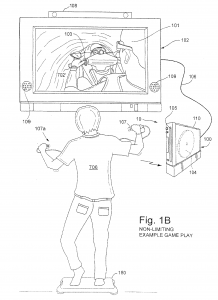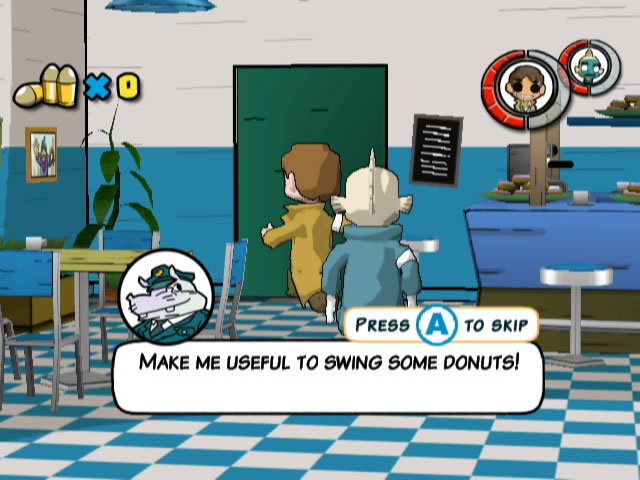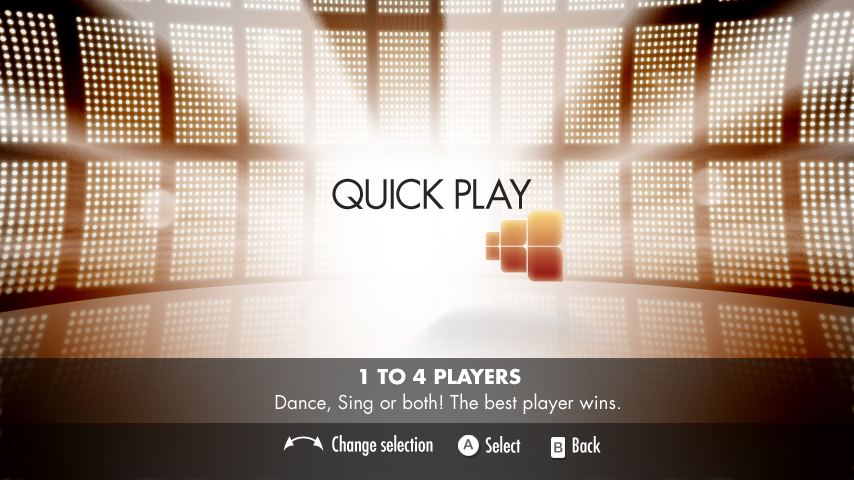In 2009, Nintendo Software Technology, some of the developers behind Gamecube launch title Wave Race: Blue Storm, were attempting to get a new entry in the Wave Race series into production for Nintendo’s Wii console.
Video:
The project began midway into the year, in the aftermath of their previous Wii title, best known as ‘Project H.A.M.M.E.R.‘, which was shut down after a tumultuous development of 5 and a half years. ‘H.A.M.M.E.R.’, which had evolved into the more casually oriented ‘Wii Crush‘ by the end, was a costly misstep for both NST and Nintendo at large. Not only was the financial toll reaching into multiple millions of dollars, the company lost over half of its entire workforce during a staff exodus as a result of it, due to reportedly poor working conditions, and accusations of nationalism levelled against the management; among other reasons.
Understandably, the ordeal left NCL with trepidations about entrusting NST with another large scale project, but a small team of developers at the company remained optimistic that the subsidiary could still see a resurgence. They proposed creating a new game in the Wave Race franchise for the Nintendo Wii, which would have taken the series to new territory with the introduction of motion control.
The project was lead by experienced NST engineer, Yoon Joon Lee, and designer, Rich Vorodi. The two were previously a part of the last Wave Race game, Blue Storm, which released in 2001 at the launch of the Gamecube. Vorodi, in particular, had been involved in a variety of ways: he had a hand in the both physics and level design, as well as voicing the character, Ricky Winterborn. Partnering with engineer/programmer, Jonathan Bryant, they began to develop a test prototype to present their ideas to Nintendo’s higher ups.
At the heart of the concept was an experimental, new control scheme, which revolved entirely around the motion sensing tech of the Wii remote. Users would hold the controller in a horizontal position with both hands over its face, emulating the handlebars of a jet ski. Tilting left and right steered the direction of the watercraft, while twisting it forward and backwards controlled acceleration. The device would vibrate when the virtual handlebars were tilted to their furthest limits. There was consideration for utilising the Wii remote’s speaker to blare out engine noises, too, but it is unknown whether or not this feature was implemented into the prototype build.
Control concept images:
By connecting a Wii balance board peripheral, it was possible to add an extra dimension of control to the game. Applying pressure to either side of the board would enable the player to perform sharper turns to help negotiate more trickier courses. An alternative system to the lone Wii remote was on the table also – in the form of the Wii remote & nunchuck combo. This worked by holding the two on their side, facing each other; similar to the controls of the ‘Power Cruising‘ mini-game seen in Wii Sports Resort:
It was theorised that adding these new, more physical control elements with “real world turning” and tilting would lend themselves well to Wave Race – helping to mould a more “realistic” experience for the player.
On August 27 2009, Nintendo of America filed a patent to protect the new control scheme that NST’s developers had created. The filing covered not only controls for jet ski games, but all vehicles controlled by handlebars. In the patent’s documents, for example, we can see that motorcycles were used as a primary example:
After a brief development of no more than 3 months, work on the prototype concluded, and the group presented their pitch to NCL’s board. One source related to the studio claimed it had generated considerable interest among members of NoA and NCL alike, but it was ultimately shot down regardless. After the demo was tested by those present, complaints apparently were levelled at the game’s motion controls; specifically, that they simply “didn’t feel right“. Nintendo therefore declined funding to the project, and full development did not proceed, ending work on it as a result.




